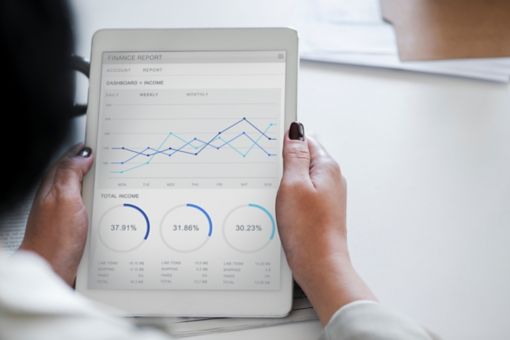Shaping the future of audit through technology
Shaping the future of audit through technology
Audit is evolving as regulatory and compliance demands continue to increase, and in some ways, change.

Audit is evolving as regulatory and compliance demands continue to increase, and in some ways, change. The reliance on personal audit judgement for identifying risk, often based on experience, or gut, are a thing of the past. Data processing has grown from supporting systems for inventory or accounting purposes, to truly knowledge farms or Big Data that, when analysed using the right expertise and tools, can also merge judgement with science.
The adoption of traditional approaches towards testing through sampling techniques is outdated, if not inappropriate, in addressing the assurance demands in high volume transaction operational environments. Auditors need to be selecting samples intelligently and not merely based on randomness and statistics that conclude on aggregate populations. An Internet Gaming entity may easily record millions of customer transactions on a daily or hourly basis. A few transactions, even if considered insignificant with respect to the account being tested, may prove to pose a substantial risk for the operation of the entity, which auditors need to assess in forming a view on the truth and fairness of the financial statements – consider issues of fraud or money laundering.
KPMG is redefining its audit approach through the adoption of data analytics techniques and a proprietary platform called KPMG Clara, with a clear vision to be on the forefront of adopting avant-garde technology in auditing. These changes have two principal objectives – to provide a focused and insightful audit, as well as, to add value to clients’ audit committees and management as they leverage this investment and a different perspective of their data.
Reliance on automated controls and system-generated rather than the manual and paper based counterparts, has been seen favourably for a number of years now due to the inherent consistency and assurance presented by automated logic. But in 2018, even this is archaic. Data analytics has come a long way over the years. Technology advancements as well as KPMG Clara enable us to be more informed in our audit risk assessment, and in our testing to focus on outliers and anomalies, rather than simply aggregates and homogeneous populations.
In 2015, the International Auditing and Assurance Standards Board (IAASB) set up the Data Analytics Working Group (DAWG) with objectives to explore emerging developments in effective and appropriate use of the technology, and in responding to these developments. In September 2016, the DAWG issued a request for comments for a paper focusing on the use of data analytics and its use in audit and as audit evidence. In KPMG’s reply, it is acknowledged that the data analytics tools analyse a broader population of items and in a more granular way, thereby producing significantly more outliers and exceptions than traditional audit techniques.
In 2016, KPMG has partnered with IBM in adopting cognitive techniques towards attaining audit assurance. It is now possible for systems to interpret massive amounts of unstructured information such as contractual agreements, to direct the auditor to focus his / her efforts. While the auditor’s judgement can hardly be replaced, the visibility over large volumes of data, as well as the focus enabled by predictive and cognitive analytics and Artificial Intelligence (AI) is surely set to shape the profession into something more dynamic.
Voice recognition enabled devices that act upon natural language instructions were only limited to Sci-Fi movies in the real world a few years back. Today the Internet of Things (IOT) devices are redefining our homes – from washing machines and fridges that add detergents and food supplies to your shopping list, to fish aquaria that monitor conditions and send mobile alerts when your fish are in distress, and door cameras that interact with visitors to simulate presence at home. AI often took the form of neural networks that answer basic decision tree questions such as in identifying an illness based on symptoms, or mimic behaviour to simulate human interaction. Today technology is seen as truly enabling the audit process by providing an intelligent focus and, in the near future it is expected to support the audit process through audit evidence, enabling the auditor to focus more on judgement areas.
Clearly, KPMG is a forerunner in the use of data analytics methodologies and AI in approaching audits and gathering audit evidence. The possibilities are endless, and the value to our clients, immense!
© 2026 KPMG, a Maltese civil partnership and a member firm of the KPMG global organisation of independent member firms affiliated with KPMG International Limited, a private English company limited by guarantee. All rights reserved.
For more detail about the structure of the KPMG global organization please visit https://kpmg.com/governance.
